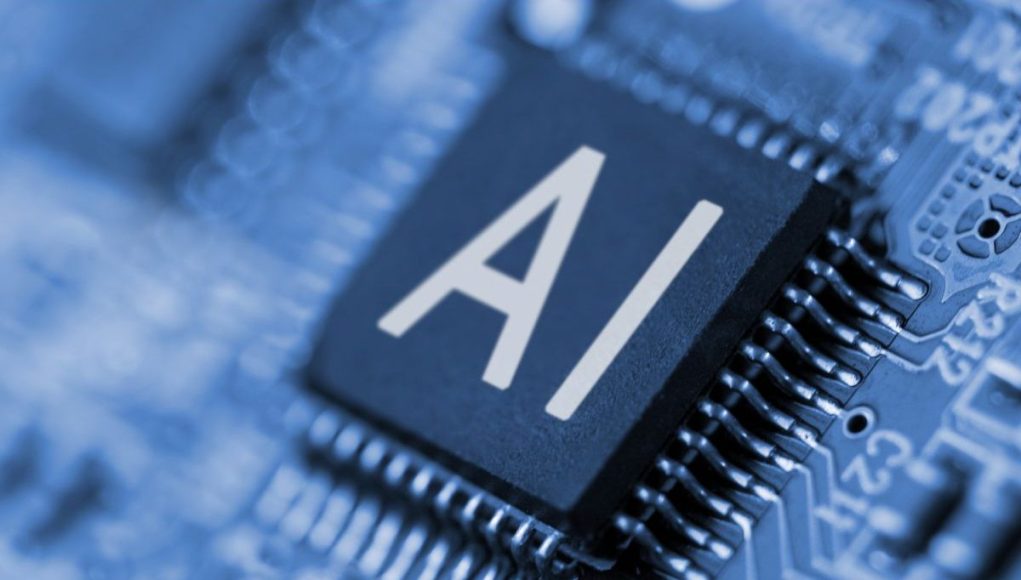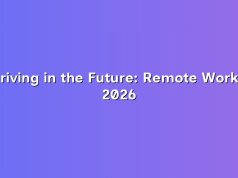In the heart of Paris this week, a summit of world leaders, researchers, and policymakers convened to tackle a sobering dual challenge: the increasing role of artificial intelligence (AI) in exacerbating global inequality and its complicity in deepening the climate crisis. The message emerging from the discussions is urgent—AI, left unchecked, risks becoming a force that magnifies societal divides rather than bridging them. But amid the apprehension, there’s a fundamental human capacity that offers a way forward: adaptability. Human adaptability—the ability to learn, evolve, and respond to shifting environments—is the core attribute that could determine how well society navigates this disruptive technological era.
The AI Paradox: Amplifying Power or Empowering People?
AI’s transformative potential is not in question. It has already revolutionized industries, improved efficiency, and created new opportunities across sectors ranging from healthcare to logistics. Yet, as underscored in Paris, AI also risks widening the gap between those who can harness its benefits and those who cannot. In economically advanced nations, AI drives productivity gains and innovation. Meanwhile, in low- and middle-income countries, limited access to AI infrastructure, education, and investment leaves many struggling to catch up. This digital divide isn’t merely a technological issue—it’s a profound social one.
According to a 2024 study by the United Nations Conference on Trade and Development (UNCTAD), over 90% of AI patents originate from just a handful of high-income countries, further illustrating the technological imbalance. “We are witnessing a new kind of inequality, one driven by the digital economy,” stated Dr. Isabelle Durant, Deputy Secretary-General of UNCTAD, at the summit.
Historically, technological disruptions have always favored the adaptable. The Industrial Revolution, though initially painful for those whose skills became obsolete, ultimately led to new roles, industries, and growth as societies adjusted. But AI poses a unique challenge: its pace of advancement far outstrips traditional mechanisms of adaptation like retraining and education. Machine learning systems evolve rapidly, often rendering human expertise outdated in mere years—or even months. In this context, adaptability isn’t just desirable; it’s essential for survival.
This brings us to a pressing question: how do we ensure human adaptability keeps pace with technological change, and how do we equip people to thrive in an AI-dominated world rather than being displaced by it?
Adaptability as a Skillset: A Framework for Resilience
At its core, adaptability isn’t just about reacting to change but proactively anticipating and navigating it. Adaptable individuals possess key traits: cognitive flexibility, emotional resilience, and a growth-oriented mindset. Societies that cultivate these traits are better positioned to weather technological disruptions. Education systems, workplaces, and public policies must prioritize lifelong learning and interdisciplinary thinking—both of which are central to fostering adaptability.
Consider the example of Finland, often cited as a leader in adaptability-focused education. In response to rapid technological change, Finland restructured its curriculum to emphasize problem-solving, collaboration, and digital literacy from an early age. The goal wasn’t to teach children specific technologies—which will inevitably change—but to instill an enduring ability to learn and relearn.
At the global level, public-private partnerships can play a critical role in scaling such initiatives. Tech companies, which are often at the forefront of AI innovation, have both a responsibility and a vested interest in ensuring a resilient workforce. Microsoft’s Global Skills Initiative, for instance, aims to provide digital skills training to 25 million people worldwide, a model that could be expanded further.
Bridging Inequality Through Human Potential
One of the summit’s key takeaways was the need to view human potential as a renewable resource. Just as nations invest in infrastructure to sustain economic growth, they must invest in human adaptability to foster long-term resilience. This investment shouldn’t be confined to elite academic institutions or tech hubs—it needs to be democratized and inclusive.
The Global South, often seen as lagging in technological adoption, could become a case study in the power of adaptability when supported correctly. Several African nations, for example, are already demonstrating innovative approaches to AI and digital technology. Rwanda’s investment in digital literacy and Ghana’s embrace of AI-driven agriculture are examples of how adaptability can drive localized solutions to global problems. “By embedding technology within existing community structures, we’re seeing a more organic and sustainable adoption,” noted Dr. Kwesi Adofo from the African Institute for AI Development.
Moreover, adaptability isn’t just an individual trait—it’s embedded in communities and ecosystems. Consider the concept of collective adaptability, wherein communities leverage shared knowledge, networks, and resources to respond to change. This is particularly relevant in addressing climate challenges, as communities on the front lines of environmental change often develop innovative coping mechanisms. By integrating these grassroots solutions into broader policy frameworks, governments can enhance societal resilience while promoting equity.
AI and Climate Adaptation: A Dual Challenge
The climate crisis presents another dimension of the adaptability challenge. AI is often touted as a tool for addressing climate change—optimizing energy use, improving disaster response, and advancing environmental research. But paradoxically, AI’s carbon footprint and resource-intensive nature can exacerbate environmental degradation. Data centers consume vast amounts of energy, and the mining of rare minerals for AI hardware contributes to ecological harm.
According to the International Energy Agency (IEA), the energy demand of data centers worldwide is projected to triple by 2030 if current trends continue. This contradiction underscores the need for adaptive solutions that balance technological progress with environmental sustainability. One promising approach is the development of “green AI,” which focuses on creating energy-efficient algorithms and reducing the environmental impact of computing infrastructure. But technological innovation alone isn’t enough. Adaptable policy frameworks that incentivize sustainable practices and penalize environmental harm are equally crucial.
Reimagining Metrics of Success
To address the intertwined challenges of AI-driven inequality and climate disruption, we need to rethink how we measure progress. Traditional metrics like GDP and productivity growth fail to capture the nuances of human well-being, social cohesion, and environmental health. Instead, we should prioritize indicators that reflect adaptability and resilience—such as access to lifelong learning, digital inclusion, and sustainable development.
The Human Adaptability and Potential Index (HAPI) represents a step in this direction. By measuring not only current outcomes but also the capacity to adapt and thrive in changing conditions, HAPI can provide policymakers with actionable insights to drive inclusive growth. Importantly, such indices must avoid becoming abstract benchmarks. They should inform concrete interventions, such as targeted education reforms, digital infrastructure investments, and community-based resilience programs.
A Call to Action: Adaptability as a Global Imperative
As the Paris summit concluded, it became clear that AI’s trajectory is neither inherently utopian nor dystopian—it will be shaped by the choices we make today. Investing in human adaptability isn’t just about mitigating risks; it’s about unlocking the potential for a more equitable and sustainable future.
This requires a collective effort across governments, industries, and civil society. Policymakers must prioritize inclusive education and training systems, tech companies must embrace their role as stewards of societal progress, and individuals must commit to continuous learning. The adaptability of humanity has brought us through countless periods of upheaval—from the agricultural revolution to the digital age. With deliberate action, it can guide us through the AI era as well.
In the end, adaptability is more than a survival mechanism—it is the foundation of human potential. By fostering this capacity, we can ensure that the promise of AI is shared by all and that no one is left behind in the pursuit of progress.




























